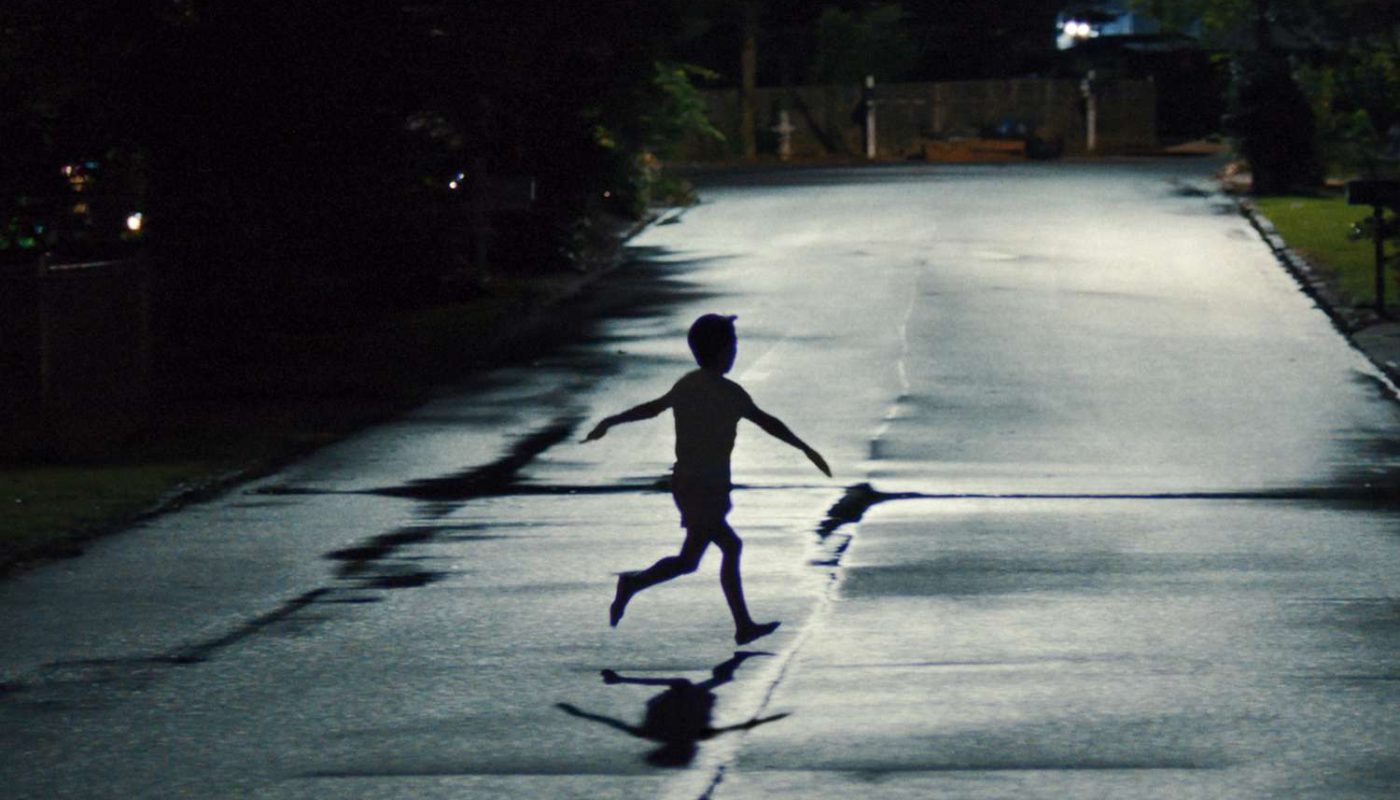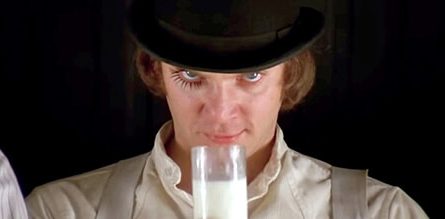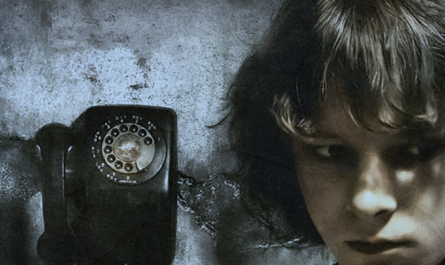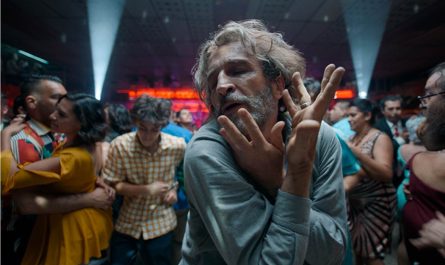I recently watched Weapons, written and directed by Zach Cregger. The movie is about a witch who kidnaps an entire classroom, except for her nephew. She uses the children and the people she enchants as weapons, making them aggressive and violent against others. When the children disappear into the night, they run with their arms straightened sideways, almost like Naruto. The night the children started running towards the witch’s house, I had an eerie feeling. Same creepy feeling you get from movies like The Orphanage, Babadook, Chucky, The Shining, It, The Exorcist, and even Coraline. Why are children scary if they are supposed to be cute, innocent, and harmless?
For a quick answer, children are scary because you don’t see their malice coming. Specifically, because they’re cute and innocent, you wouldn’t expect them to be a danger. Perhaps we are rather scared of being blindsided. But children are also fragile. If we think about how easy it is to corrupt them, manipulate them, or even harm them, we get afraid of them because we don’t know who the instigator behind them might be. Due to their frail nature, we can see them in horror movies as either the protagonist or the antagonist. An evil child as an antagonist is horrifying because if his intentions are already unexpected, the lengths of their violence are also uncertain. As I’ve mentioned before, uncertainty is one of the biggest fears we can face. Not knowing what will happen takes away any sense of control, leaving us floating around in a limbo, overthinking the worst imaginable scenarios. To quote H.P. Lovecraft:
“The oldest and strongest emotion of mankind is fear, and the oldest and strongest kind of fear is fear of the unknown.”
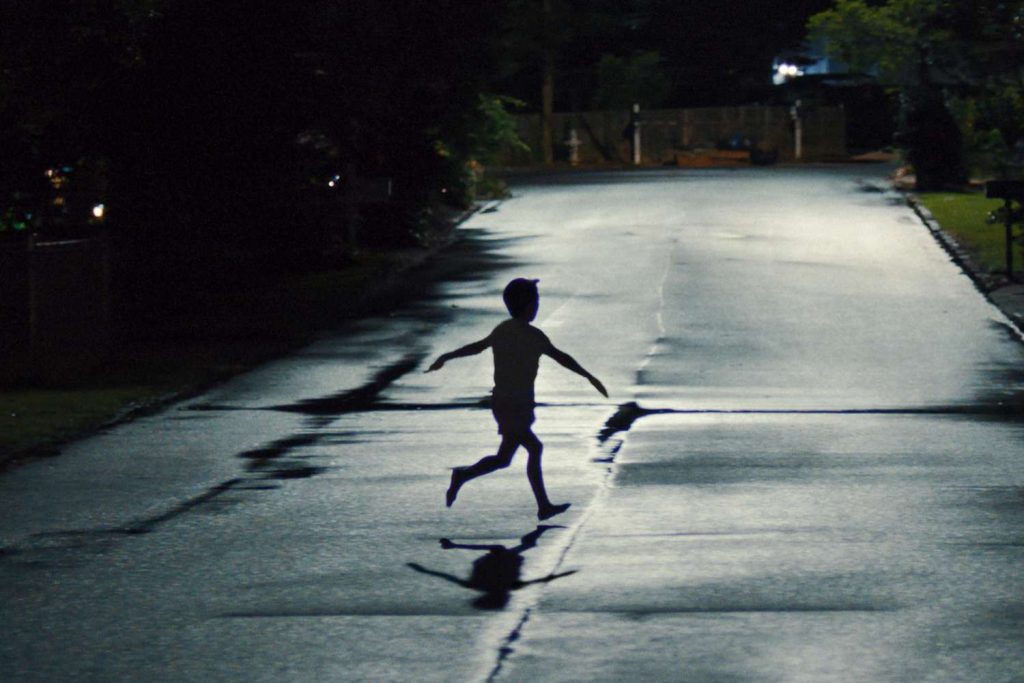
On the other hand, children as the victims of an evil agent are even more terrifying because we root for them. The fact that they are young, pure, sinless, and brittle makes us fear for them. We then think of the worst possible outcome, so we empathize with them more than we would with an adult. Our adult impulses kick in. We feel the need to protect them, but the horror stems from knowing they will end up as victims, and we can’t do anything but watch. The movie “The Black Phone” is terrifying because, as audiences, we know what The Grabber wants; we know it is unlikely for the weaker children to escape the basement they’re in. The story gets even worse when you learn it’s based on Joe Hill’s short story, which is, in turn, based on serial killer John Wayne Gacy. “The Black Phone” combines many elements we’d naturally fear, like uncertainty about our future, uncertainty about our survival, ghosts and supernatural activity, a serial killer, and a serial killer who targets young boys specifically. It is horrifying because we want those children to escape and survive and live in a safe space, but we know that will not happen because it already hasn’t. John Wayne Gacy was convicted of the murder of 33 young men, and the youngest was 16 years old. Not to mention, Jeffrey Dahmer was also convicted for the murder of 17 young men, and the youngest was 14 years old. What hooks us to the fear in horror movies is the mixture of fiction and reality. It’s knowing that horror is not always far from reality, it’s rather closer to us than we’d like to accept.
For a detailed explanation, let’s look at Brynne Rammela’s comments on ScreenRant about the contradictory nature of children between purity and wonder. Similar to what I was saying, we don’t expect children as innocent as they seem to be filled with evil. Ramella also delves into something I hadn’t considered: Children are so pure that they highlight the never-ending battle between good vs evil. It makes perfect sense, children work as a contrast for us to understand even further how evil, evil is. Perhaps we wouldn’t think a ghost or killer is as demented if he is after an adult. We know adults have faults and defects, so we might even justify what happens to them. For example, another common character prototype in horror, which was more common in the early 2000s, is an oversexualized character. Their sexual nature makes us think they deserved what happened to them because in religious societies, sex is viewed as a sin. So, if a character is sinful, we perceive whatever happened to them as something they deserved. On the other hand, children rarely deserve what happens to them, and we understand as part of our idiosyncrasy. So, if a dangerous entity is after them, we condemn that even more.
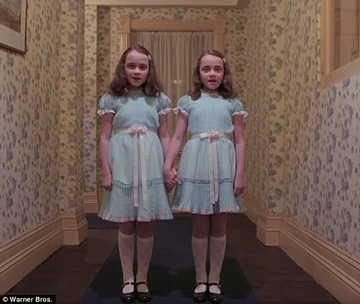
In her article “Why Kids Are the Focus of Many Horror Movies & TV Shows”, Ramella mentions the idea of the loss of innocence in horror movies is something that audiences can relate to. This makes children the perfect narrative element to instigate fear or loss, a known fear, amongst audiences.
Another thing I hadn’t considered is Riley Presnell’s explanation in “Why are Children in Movies so Damn Terrifying?” that children are horrifying because they are easy to prey on, so they’re not children per sé, but a demon inside their bodies. Children are vulnerable and easier to possess and control, which makes them the perfect antagonist. When children are the antagonists in the story, their victims can’t fight them in the same way they would fight a horrendous-looking demon, because of an unconscious need to protect children kicks in. Protagonists don’t attack them because they don’t dare harm an infant. This reminds me of a common issue we face in reality – police officers versus criminals. Police officers need to take legal steps to catch a criminal, while criminals take illicit routes to escape justice and authorities. We could say the same thing about demons or supernatural creatures; while their human victims must follow the laws of nature to defend themselves, they can defy nature and go beyond it to seek control over their victims.
Children are scary in Horror films because they are unpredictable, unexpectedly violent, and wicked. After all, if we encountered a possessed child, we wouldn’t be able to defend ourselves and kill it; we would have to outsmart them, but how can you trick a demon and play mind games if your brain is on fight or flight mode?

Screen Rant. (Brynne, Ramella). Why kids are the focus of so many horror movies & TV shows. Screen Rant. Retrieved [date you accessed it], from https://screenrant.com/horror-movie-tv-shows-feature-kids-reason/
Collider Staff. (Presnell, Riley). Why are Children in Movies so Damn Terrifying? Collider. https://collider.com/horror-movies-children-terrifying/


